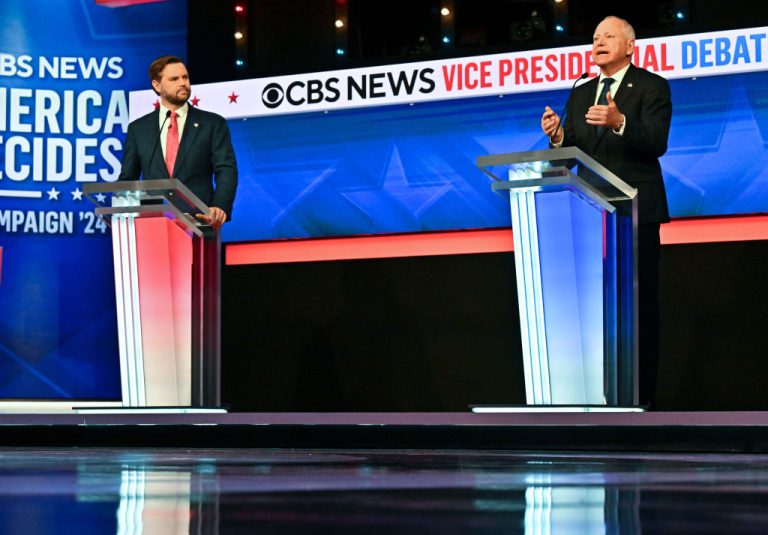On June 29, The Wall Street Journal (WSJ) reported about Amazon bullying supply chain providers seeking to partner with Amazon as a client. According to the media outlet, Amazon demanded the right to buy major shareholdings in the companies at potentially steep discounts compared to the actual market value of shares.
WSJ reported that the online retail giant has been involved in more than 75 such deals in the past decade. Amazon’s stake in these companies is reportedly worth billions of dollars, and the eCommerce giant is said to be using warrants to acquire stocks of these firms.
A warrant works similarly to a stock option. Warrants allow entities to buy shares at a fixed price during a specific time window. If the share price rises in the time window, entities can still buy shares in the company at a fixed, lower rate.
Reporter Dana Mattioli, who covered the WSJ story, tweeted about how public company vendors such as Kohl’s, Micro Focus, CargoJet, SpartanNash, StarTrek, and Clean Energy Fuels have received warrant demands from Amazon.
Some of the deals have allowed Amazon to become the top shareholder in companies, obtaining the right to board representation as well as the option to outbid offers for acquisition.
Success
You are now signed up for our newsletter
Success
Check your email to complete sign up
Arstechnica reported on Amazon executives exercising caution while writing contracts for the deals, so as to avoid any written indication that the warrants were required for vendors to become contractors for Amazon. However, virtually all companies that were offered Amazon contracts with terms for warrants accepted the deals anyways.
Top management officials of some companies admitted it was nearly impossible to turn down proposals put forward by Amazon, as they would risk losing a major contract to one of their competitors. Others rationalized Amazon’s demands as the price of doing business.
WSJ reported, “Several former Amazon executives who worked on such deals said in interviews that they found them to be unfair and one-sided, saying the companies weren’t in a position to refuse and that most of the upside went to Amazon.”
An example of a deal was illustrated in a June 21 Yahoo report about Amazon’s purchase of 1,000 autonomous driving systems from Plus, a startup that develops self-driving truck technology. Included in the order was Amazon’s option to buy a 20 percent stake in the company. Plus stated in its regulatory filing that Amazon has the right to acquire preferred shares in their company via a warrant at a price of $0.46647 per share.
In response to the WSJ report, Amazon stated that warrant agreements made up less than one percent of deals finalized with suppliers. In some cases, the warrants are subject to certain thresholds. The warrant would not come into effect until Amazon purchased a specified volume of goods or services.







